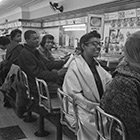
To Build a Movement
Michael Walzer’s Political Action, written nearly half a century ago, contains many useful guidelines for organizers today. But social movements are often messy and unpredictable affairs.
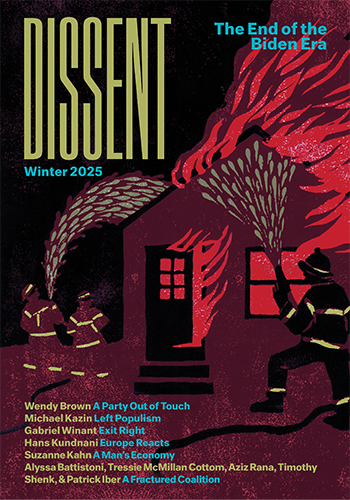

Michael Walzer’s Political Action, written nearly half a century ago, contains many useful guidelines for organizers today. But social movements are often messy and unpredictable affairs.
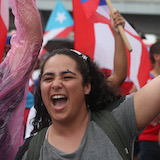
The President of the Puerto Rico Teachers Federation talks about this week’s protests and the ongoing fight against corruption.
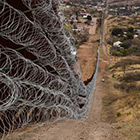
Trump’s wall is a “monument to the final closing of the frontier.” He has abandoned the political language of boundless optimism for a darker tone.
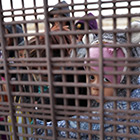
Does nationalism have a place in left politics?
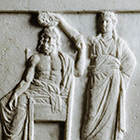
To fight elite capture of the state, it’s time to consider sortition, or the assignment of political power through lotteries.
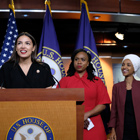
The four congresswomen who came under attack by Trump are popular—as are their policies. That’s why he is terrified of them.
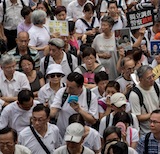
Activist Jeffrey Ngo on the Hong Kong protests.
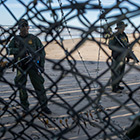
A close look at the experiences of immigrants should lead us to the conclusion that First World nations have no right to exclude Third World migrants, including the unauthorized economic migrants that dominate contemporary political debates.

South Korean journalist Lee Jae-yeon discusses her investigation of working conditions in Samsung factories in nine cities in India, Indonesia, and Vietnam.
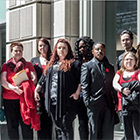
How did we get from two decades of meteoric tuition increases to a moment where democratic socialist elected officials are pushing free higher education and complete student debt discharge? The short answer: organizing.
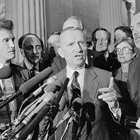
Views that were fringe in Perot’s day have taken center stage in national politics.
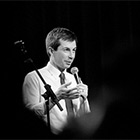
The important issue today isn’t what the world has done to millennials. It’s what millennials are going to do next—and where they’ll look for leadership.
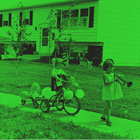
While acknowledging the ongoing emotional and institutional power of the nation as a community of shared fate, we are also clear-eyed about its limitations given the scale of today’s challenges.
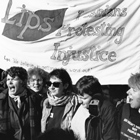
Queer activists in the 1980s and 1990s connected the queer liberation struggle to a broader politics of liberation for all. Today’s LGBTQ movement stands to learn from revisiting this history.
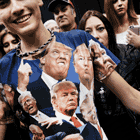
How the 2016 election revealed the possibilities for new political identities.